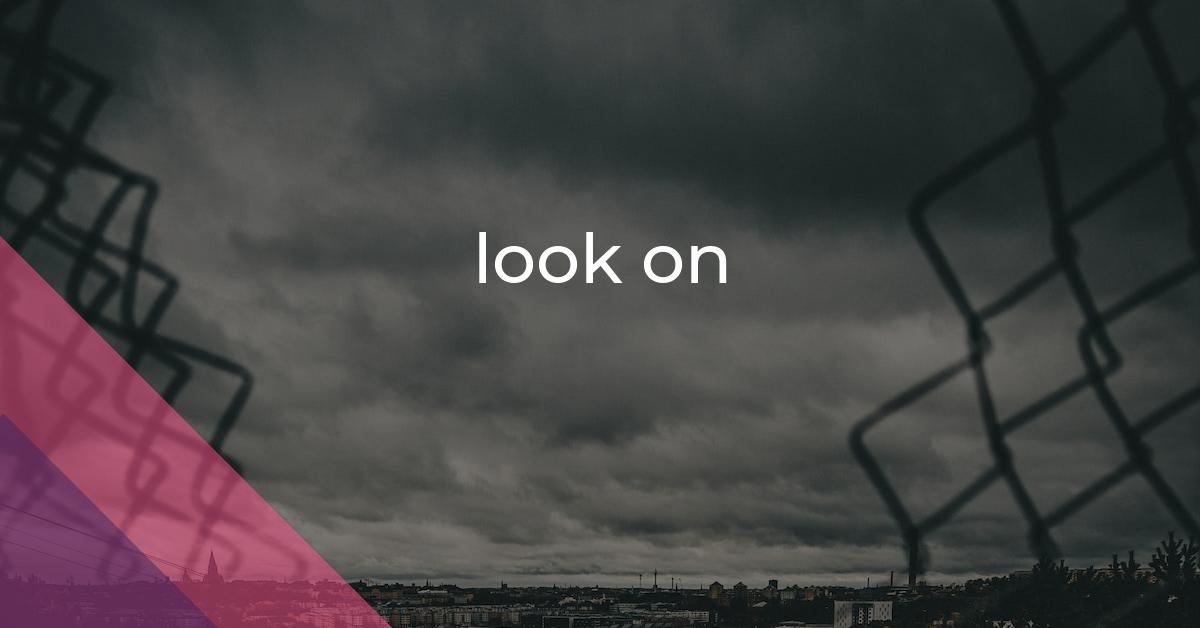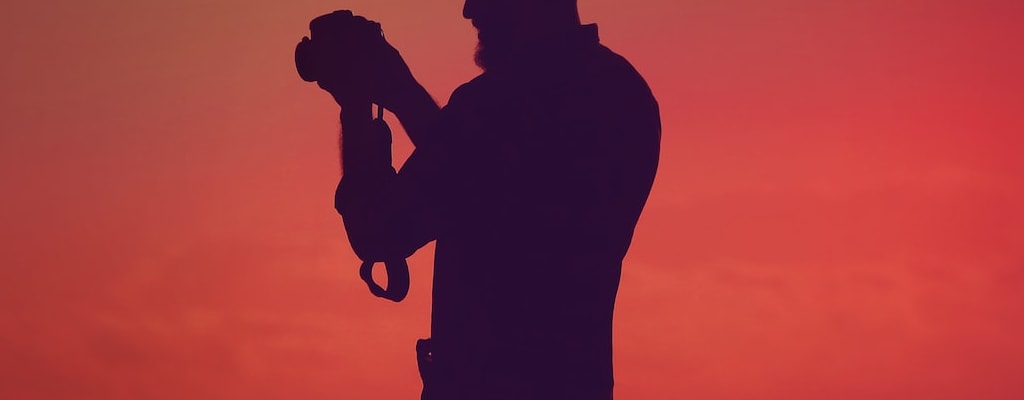look on: Idiom Meaning and Origin
What does ‘look on’ mean?
The idiom "look on" means to observe or watch without being directly involved in a situation. It can also refer to taking a passive or indifferent attitude towards something.

Idiom Explorer
The idiom "see things" means to perceive or experience something in a particular way, often different from reality. It implies a subjective understanding or interpretation of a situation or event.
The idiom "pay attention" means to give your full focus and concentration to something or someone. It implies being alert and actively engaging with the subject or task at hand.
The idiom "on the outside, looking in" means to be excluded or feel excluded from a group or activity, typically observing it from a distance and feeling a sense of isolation or being left out.
The idiom "on the other side of" is used to refer to a different viewpoint, perspective, or situation than the one currently being discussed or considered.
The idiom "on the face of" means something is apparent or evident based on initial appearances or superficial evidence. It implies that a conclusion can be reached without deeper investigation or analysis.
The idiom "on sight" means to recognize or identify something or someone immediately or without hesitation.
The idiom "on one's watch" means being responsible for something or someone during one's assigned time or period of duty.
The idiom "old-fashioned look" refers to a traditional or outdated appearance or style that is reminiscent of the past. It implies a lack of modernity or contemporary relevance.
The idiom "look up and down" means to examine someone or something carefully, often in a judgmental or critical manner.
The idiom "look up" means to search for information or seek clarification. It is often used when someone wants to find a specific piece of information or research a topic to gain a better understanding.
Decoding the Enigma
*look on* is an idiomatic expression that has multiple meanings depending on the context in which it is used. The phrase is commonly used in both literal and figurative senses, and its meaning can vary depending on the specific situation and the individuals involved.
One of the primary meanings of *look on* is to observe or watch something or someone without actively getting involved. In this sense, it conveys a sense of detachment or a passive stance. For example, you might *lay eyes on* a beautiful sunset and simply appreciate its beauty without interacting with it. Similarly, you can *look off* into the distance and take in the scenery without engaging with it directly.
Another interpretation of *look on* is to view a situation or event in a particular way, often with a specific attitude or perspective. This can range from adopting a positive outlook, such as *looking on* the bright side of things, to taking a negative viewpoint, such as *looking the other way* when something wrong is happening but choosing to ignore it.
*Look on* can also be used to describe the act of considering or regarding something in a certain manner. This can involve evaluating a situation or person with a particular judgment or interpreting something in a specific light. For example, you might *look on* a difficult challenge as an opportunity for personal growth or *look on* someone's behavior as suspicious and be cautious.
Furthermore, *look on* can imply a state of contemplation or introspection. It can refer to taking time to reflect on a situation or to consider a matter from a deeper perspective, often with a sense of seriousness or thoughtfulness. In other words, when you *look on*, you are taking a moment to analyze and understand the situation at hand.
Overall, *look on* is an idiomatic expression that encompasses various meanings. It can refer to observing from a distance without getting involved, adopting a particular attitude or perspective towards a situation, considering or evaluating something in a specific manner, or engaging in a reflective and contemplative mindset. By understanding the different nuances of *look on* and how it relates to idioms like *lay eyes on*, *look off*, and *look the other way*, we can better navigate the complexities of its usage in different contexts.
Example usage
Examples of how the idiom "look on" can be used in a sentence:
- She looked on as her children played in the park.
- The crowd looked on in horror as the building collapsed.
- He looked on with envy as his friends received awards.
More "verbs" idioms



